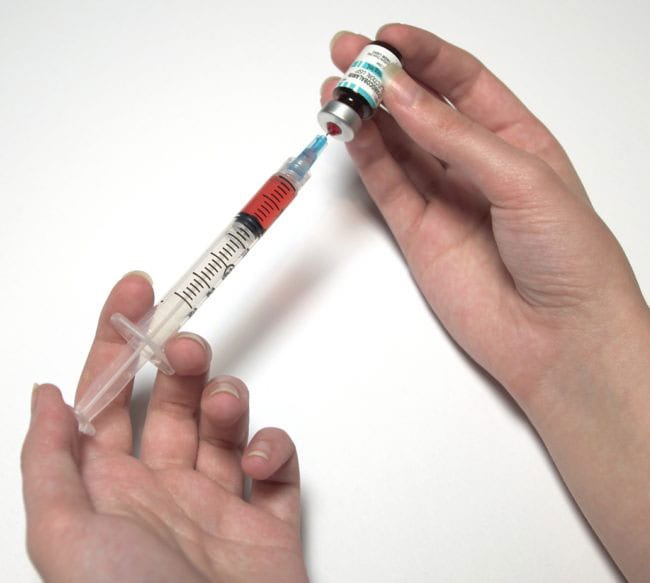In 2019, Takeda Pharmaceutical Company experienced some manufacturing and production issues related to its product Natpara, a treatment option for individuals with hypoparathyroidism. The product was recalled in the United States due to a potential issue related to rubber particulates from the cartridge’s rubber septum. According to BioPharma Dive, this is not the only issue that Takeda has faced: Naptara, a bioengineered parathyroid hormone injection, is also difficult to manufacture and faces various supply challenges.
Over the years, Takeda has worked to address these issues and continue providing Natpara to those who need it. At least 420 patients with hypoparathyroidism are using Natpara through a special use program. However, the company has recently decided that the solutions are too difficult to come upon. Takeda shares that it sees no viable path forward for Natpara development. As a result, the company will discontinue Natpara production at the end of 2024. Unfortunately, this could leave some patients without a viable therapeutic option.
Natpara: A Brief Overview
In a prior regulatory update, Takeda described Natpara as:
a prescription parathyroid hormone used with calcium and vitamin D to control low blood calcium (hypocalcemia) in people with low parathyroid hormone blood levels (hypoparathyroidism). NATPARA is only for people who do not respond well to treatment with calcium and active forms of vitamin D alone.
Learn more about Natpara, and its discontinuation, on the Natpara website.
What is Hypoparathyroidism?
Hypoparathyroidism is a rare disorder in which the parathyroid glands in the neck fail to produce enough parathyroid hormone (PTH). Normally, PTH plays a role in balancing calcium and phosphorus levels in the body. Those with hypoparathyroidism often have low calcium levels in the bones and blood, with higher phosphorus levels in the blood. Autoimmune diseases, cancer treatment around the face and neck, autoimmune diseases, surgery, low blood magnesium levels, and inherited hypoparathyroidism may all cause low PTH levels.
In many cases, symptom onset is gradual. Symptoms can (but do not always) include:
- Fatigue and general weakness
- Tingling and burning in the toes, lips, and fingertips
- Abdominal pain
- Brittle nails and dry skin
- Patchy hair loss
- Painful menstruation
- Depression, anxiety, and/or apathy
- Muscle pain or cramping in the face, abdomen, feet, and legs
- Tetany
- Muscle twitching or spasms around the hands, arms, mouth, and throat
- Malformed teeth
- Impaired kidney function
- Cataracts






